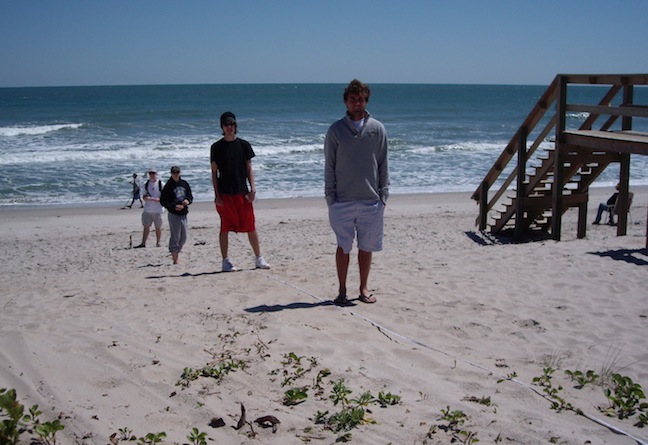

 |
 |
| A Survey of Learning Behavior |
Assessment
Survey
Your responses to part two of this survey are confidential.
Joseph Vincent Siry, Ph.D.; 646-2648Write to me. Please read over the following three part questionaire. Answer the questions with respect to what you do in classes that require complicated reading, frequent writing and critical thinking from you. Part one has to do with who you are and how you think you learn best when confronted with new and challenging situations.
It also asks about what you may be motivated to do. Part two is related to particular strategies you utilize to make sense of new material and information overload. Part three is intended for you to write about a significant experience or place that you would be willing to explain to other students.
PART ONE:
Your identity, learning style and motivation.
Name: phone:
____________________ _______
learning style:
_____________________
verbal - visual - hearing - touching - reading
Circle below
the appropriate response:
A. I [ do / do not] like working alone or independently.
B. I [ would / not] like to raise money to preserve a worthy thing.
C. I [ do / do not] want to express my differences with others.
D. I [ am/ am not] interested in joining an ecology action group
E. I [ am/ am not] willing to volunteer at a local ecological protection site
F. I would rather do:
(explain)
PART TWO:
Study Habits.
| The scale to use is based on freqency: | 0% {---- 45% ----- 60% ------ 75% ----} 90% |
| consider the percentages above as a rough guide to interpreting these words | Never - Rarely - Sometimes - Often - Always |
| Consider how frequently you do these actions now and | then circle only one of the choices below: |
| 1. I will usually read through the index to see about a book. | Never - Rarely - Sometimes - Often - Always |
| 2. I like to look up words and use more than one dictionary. | Never - Rarely - Sometimes - Often - Always |
| 3. When reading I only underline or highlight important passages: | Never - Rarely - Sometimes - Often - Always |
| 4 a. When reading I make notes in the margin or the page: | Never - Rarely - Sometimes - Often - Always |
| 4 b. When reading I make notes on a separate sheet of paper: | Never - Rarely - Sometimes - Often - Always |
| 5. When reading difficult passages I: A. try to look up vague words: | Never - Rarely - Sometimes - Often - Always |
| 5 B. attempt to diagram the phrases: | Never - Rarely - Sometimes - Often - Always |
| 5 C. often translate the key phrases: | Never - Rarely - Sometimes - Often - Always |
| 5 D. look for related ideas in the text: | Never - Rarely - Sometimes - Often - Always |
| 5 E. look at an encyclopedia to clarify ideas: | Never - Rarely - Sometimes - Often - Always |
| 5 F. ask someone who may know: | Never - Rarely - Sometimes - Often - Always |
| G. if none of the above, explain what you do: | Here: |
| 6. After reading I try to summarize the main points in my own words: | Never - Rarely - Sometimes - Often - Always |
| 7. I often copy down sentences or phrases to capture an author's style: | Never - Rarely - Sometimes - Often - Always |
| 8. When I see a graphic I try to judge the relation of key pieces to the whole: | Never - Rarely - Sometimes - Often - Always |
| 9. I enjoy guessing what something means & then verifying my hunch: | Never - Rarely - Sometimes - Often - Always |
| 10. When interpreting readings, images or films I have more trouble with: | Consider each case. |
| A. seeing all the details of an argument: | Never - Rarely - Sometimes - Often - Always |
| B. finding the underlying relation among different items: | Never - Rarely - Sometimes - Often - Always |
| C. relating subordinate points to the main ideas: | Never - Rarely - Sometimes - Often - Always |
| D. other; please explain | What you do below |
| Here: | how? |
PART THREE: Write [for 6 minutes] about a significant learning exercise or memorable place that you have experienced (you may use the back of the page). Be prepared to orally describe to the class
what made this learning experience or place memorable for you :
[Schematic diagram quiz] [How we learn] [An Ecology of the mind] [Assessing how you learn]